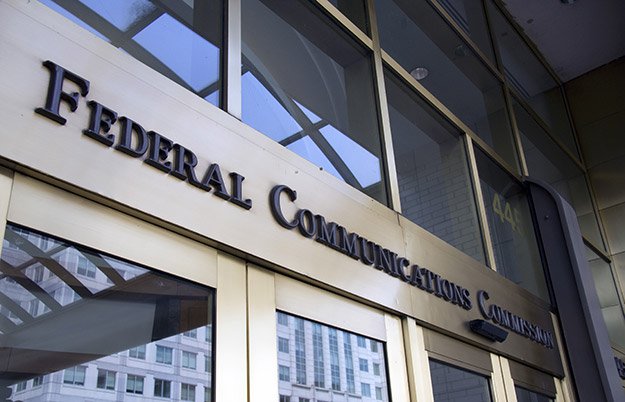FCC Skewers Verizon And AT&T For Violating Net Neutrality With Zero-Rating Promos
First off, what is “zero-rating”? Zero-rating is when mobile network operators (MNOs) and ISPs do not charge customers for data used by specific applications or internet services through their network, in limited or metered data plans. Verizon and AT&T introduced their own zero-rating services at the beginning of 2016. T-Mobile has touted its Binge On service since 2015.

Wilkins recently stated that AT&T's Sponsored Data program “denies unaffiliated third parties the same ability to compete over AT&T's network on reasonable terms.” A video provider would have to pay $16 USD a month for zero-rated service. If a customer increased their use to thirty minutes a day, the provider would have to pay $47 USD. Wilkins noted that, “By contrast, AT&T incurs no comparable cost to offer its own DirecTV Now service on a zero-rated basis.”
Wilkins is also concerned about Verizon’s FreeBee Data 360 service. The plan gives preferential treatment to providers on the Go90 video platform and could potentially extend its FiOS home internet service. Wilkins contended, “Unaffiliated edge providers not purchasing FreeBee Data 360 would likewise face a significant competitive disadvantage in trying to serve Verizon's customer base without zero-rating."

AT&T and Verizon have until December 15th to officially address the FCC’s concerns. Both corporations have so far given vague statements to the media. AT&T noted, “Once again, we will provide the FCC with additional information on why the government should not take away a service that saves consumers money.” Verizon commented, “We will review and respond to the inquiry as requested. In the meantime, we remain quite confident that our practices are good for consumers, non-discriminatory and are consistent with current rules.”

